Pet Toxicology Experts Identify Top 10 Toxins Commonly Found in a Pantry
In honor of National Poison Prevention Week, March 20-26, the toxicology experts at Pet Poison Helpline reviewed their case data and developed a list of the top 10 potential pet poisons commonly found in your pantry. To help visualize the dangers, Pet Poison Helpline has released an infographic.
When you think of your pantry, images of household staples, cooking supplies, snacks and other food items come to mind. In reality, what you may find is a pantry full of potential pet poisons.
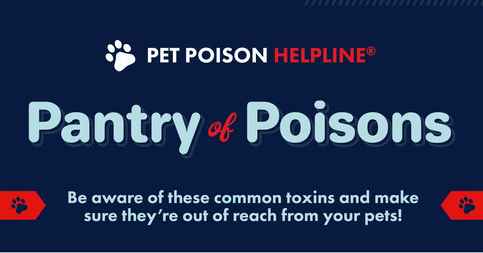 |
Pantry Poisons “Most people don’t realize that common household foods
|
|---|---|
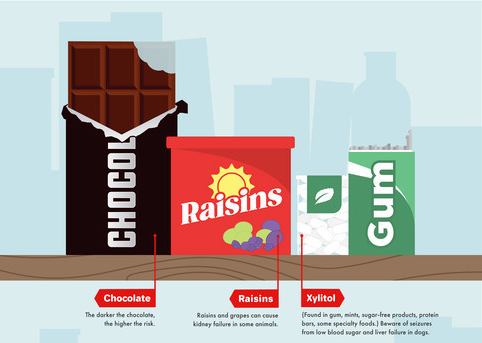 |
Chocolate
The darker the chocolate, the higher the amount of
|
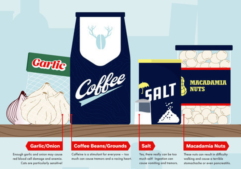 |
Coffee beans/grounds Caffeine is a stimulant for everyone – too much can cause
|
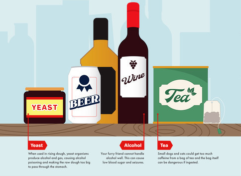 |
Alcohol
Animals are at a high risk for developing alcohol poisoning
|
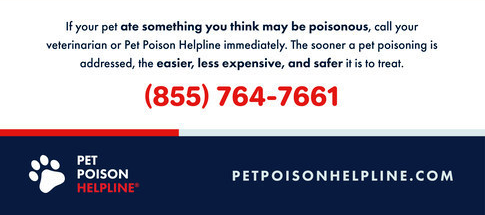 |
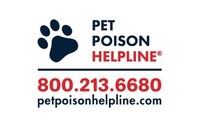 |
About Pet Poison Helpline
Pet Poison Helpline, your trusted source for toxicology and pet health advice, is available 24 hours, seven days a week for pet owners and veterinary professionals who require assistance treating a potentially poisoned pet. The veterinarians and board-certified toxicology experts provide treatment advice for poisoning cases of all species, including dogs, cats, birds, small mammals, large animals and exotic species. As the most cost-effective option for animal poison control and pet health care, Pet Poison Helpline’s fee of $75 per incident includes follow-up consultations for the duration of the case. Based in Minneapolis, Pet Poison Helpline is available in North America by calling 800-213-6680. Additional information can be found online at www.petpoisonhelpline.com.
Additional extended list of household pet toxins from the American Animal Hospital Association [Link]
